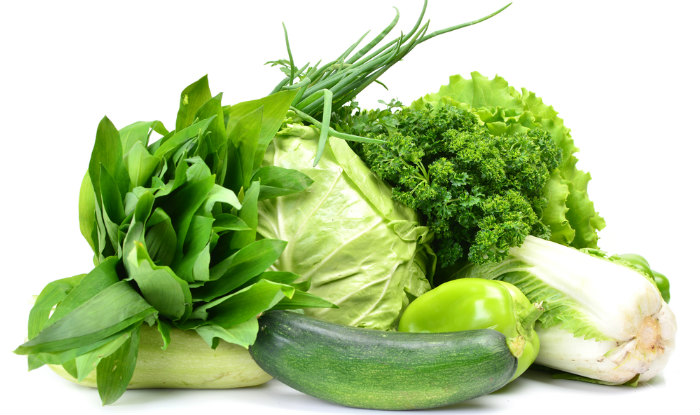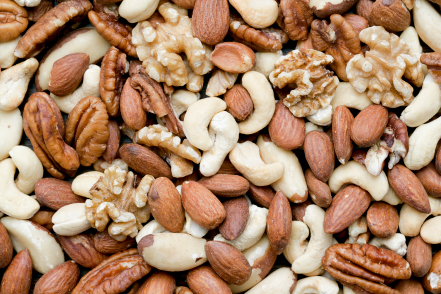
Problems Planning Nutritious Meals For Your Lifestyle
The foods we consume habitually can also make us uninformed of what’s missing in our diet. We usually eat the foods that we prefer because they satisfy appetite and they’re the most familiar to us.
This is often the case with high calorie and processed foods, since they’re the most readily available and cost efficient meals on the market.
Many people also tend to eat foods that they’re accustomed to from their early childhood. Companies spend billions of dollars a year on brand marketing and advertising aimed at the youth to build brand loyalty for generations.
With this adherence to foods marketed to us and a lack of education in both schools and homes about nutrition, eating healthy has become a mystery for many adults living in developed countries.
Abundance in a variety of foods without knowledge of nutrition has left the public living to eat instead of eating to live.

How to Prepare a Nutritious Meal
Aside from the enjoyment of eating, most people devour food for their daily survival to suspend hunger and maintain their energy. However, most people never ask the true question about why we have to consume food regularly.
The answer is for nutrition. The human body needs nutrients to maintain homeostasis and to perform the many functions required for us to survive.
To help the body repair and replace the many cells/tissues that are damaged each day, food must be ingested and broken down with the help of enzymes released from the digestive system.
Vitamins and minerals play an important role here because they work with the enzymes to break down the food you eat. Without these nutrients your body becomes deficient, which can result in a disease or system failure.
Vitamins can be obtained from foods and supplements, which are categorized into two types: Water-soluble and fat soluble.
The fat soluble vitamins include A, D, E, and K, which are easy to obtain as they’re present in many common foods.
Water soluble vitamins are B and C, both which are found in animal protein and leafy green vegetables.
Minerals are the next most challenging to incorporate into the diet, since the daily requirements are high and our most foods have low values in them. This list includes magnesium, potassium, calcium.
Trace minerals are the least present nutrients in the diet and is the most deficient in the world’s population. Zinc, iron, and iodine are on this list.
How to Obtain Essential Nutrients in the Diet
Getting the proper essential nutrients is fairly simple if you follow food guidelines that can enrich your current diet. These foods can be broken down to three categories:
Greens Vegetables:
Green vegetables come in a wide variety and cover essentially most of the nutrients needed for RDA (recommended daily amounts) values. Both fat and water soluble vitamins will be found here, particularly vitamin C and vitamin K. Greens are also essential for potassium and magnesium minerals. The best way to get these nutrients are from raw vegetables (cooking reduces nutritional value), which you can get from a large salad in the day. Mix in kale, broccoli, arugula, bell peppers, and/or watercress.
Nuts:
Nuts are great sources for your fat soluble vitamins and essential fatty acids (Omega 3) that you need for nervous system health and anti inflammatory benefits. Omega 3 balances the high presence of Omega 6s we obtain from diets high in grain fed beef and seed oils. The negative of nuts are they’re often sprayed with pesticides before and during harvest, which is why they should be purchased with an organic label. The healthiest nuts to add to your diet are walnuts, pecans, macadamia nuts, and Brazil nuts.
Meats:
Animal meat and animal products are rich with fat soluble vitamins A, D, and K. Fish, particularly cod fish, has the essential vitamin D and the Omega 3 fatty acids that’s needed in the diet. Pork has high amounts of B1 vitamin (thiamine), that would be otherwise found in similar levels in nutritional yeast supplements. Animal meats are fed grain feed to be cultivated for fast growth and quantity globally, which is why you need to shop for grass-fed and grass finished/pasture raised products only. Grain fed animals products cost less because the cattle consume higher quantities of GMO/pesticide feed, which increase the presence of Omega 6s in the body. If you’re vegetarian or restricted from eating these foods, you can consume pasture raised eggs for these healthy fat soluble vitamins as well.
The Wrap Up
Familiarity with foods we eat regularly can make healthy lifestyle choices a challenge to adapt to when we’re older. Years of eating meals for pleasure can neglect consumption of nutrients and minerals that are vital for long term health. Modification of an existing diet with quality foods may be all that’s required to make lasting changes to body composition or overall well-being.




Leave a Reply
You must be logged in to post a comment.